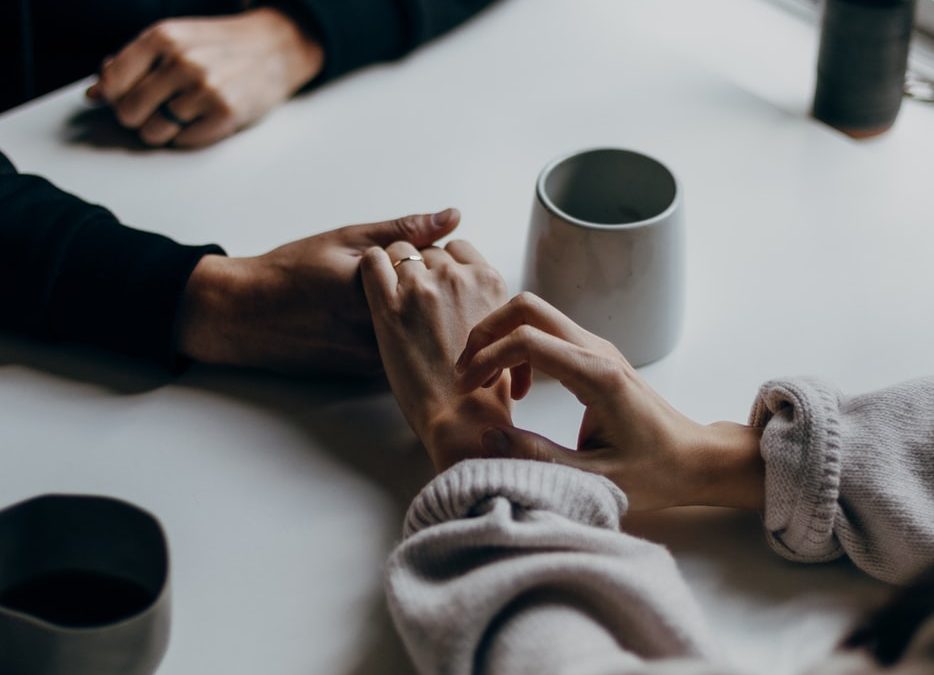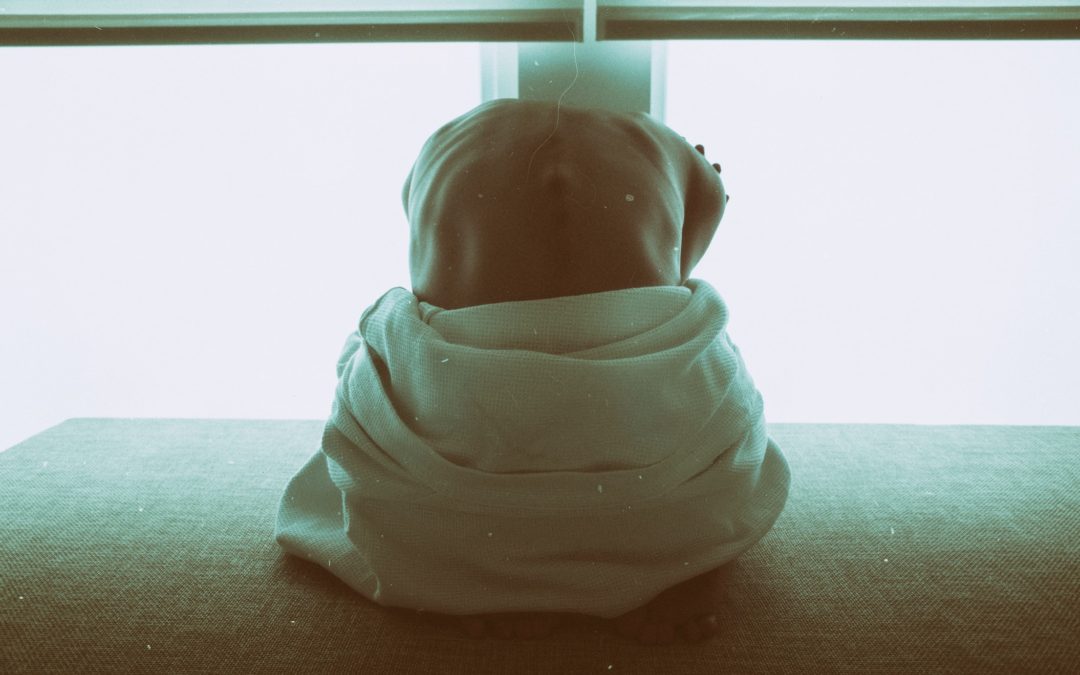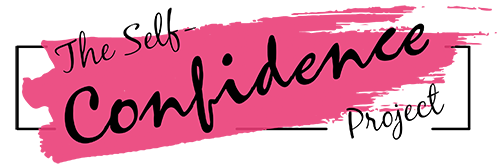
by Kimberly Hill | May 31, 2021 | Blogs, Dating, Relationships
Dating & Relationship Green Flags. Photo by Chermiti Mohamed
In relationships, it’s important to know what behaviours we absolutely won’t tolerate, and that’s why many of us get clear on our red flags.
But hey, if you’ve found yourself dating or in a new relationship and you’re wondering if this could be “the one,” check out these 10 green flags that you’ve found somebody special.
10 Relationship Green Flags:
- They support your personal growth
- They listen to you with patience and curiosity
- They respect your boundaries and have their own
- You are being included in their personal life, including meeting friends and family
- You feel safe to express yourself openly and without judgment
- Even if you have small disagreements, they don’t threaten your relationship
- They view you as an equal and include you in decision making
- They go out of their way to make you smile or laugh
- You feel comfortable being your true self around them
- You don’t get the feeling you’re competing for their time
How many can you check off the list?
If you’re not seeing these signs in your new relationships or this list feels far out of reach for you, I recommend you download this free workbook on the 5 mistakes men are making when dating and how to overcome them for relationship success. You can download your free copy here.
If you enjoyed this post and picked up a few helpful tips click here to subscribe to my email list and we will send you more great articles.
Ready to uplevel your confidence in dating and relationships and get 1:1 support? Apply to work with me by clicking here.
Enjoyed this read and want another? Not sure if you’re empathetic or co-dependent? Read this article here.
To your health, love life, and future success!
Kimberly xx

by Kimberly Hill | May 30, 2021 | Blogs, Relationships, Self-Improvement
Photo by Priscilla Du Preez
First, let’s first look at co-dependency.
Co-Dependency
Codependency is defined as “a behavioural condition in a relationship where one person enables another person’s addiction, poor mental health, immaturity, irresponsibility, or under-achievement.”
The co-dependent is obsessed with making things right. They lose themselves in this process, and they lack personal boundaries, which are essential for their overall wellbeing.
As a co-dependent, the individual values the approval of others more than they value themselves.
This often results in lower self-esteem.
Co-dependency is not healthy, and studies show that close to 90% of the American population demonstrates some areas of co-dependency.
“ Low self-esteem is like driving through life with your hand-brake on.
Maxwell Maltz
If the individual you’re in a relationship with does not want to help themselves, despite the words they say, you have to learn to walk away before you destroy your entire life for someone who doesn’t even want your assistance.
Don’t give up all your hopes and dreams to try and save someone who doesn’t want to be saved.
The key here is to understand what is your responsibility and under your control, versus what is not.
Here are a few questions to ask yourself about co-dependency:
- Are you only happy when your partner is happy?
- Do you feel upset when your help isn’t effective?
- Do you feel responsible for your partner?
- Do you consistently try to please others instead of yourself?
- Do you quickly abandon your routine to do something for someone else?
- Do you lose sleep over other people’s problems?
- Do you tend to make excuses for your partner’s poor behaviour?
- Do you ignore problems and pretend things aren’t happening?
- Do you look for happiness outside of yourself?
- Do you latch on to whomever you think can provide happiness for you?
- Do you try to prove you are good enough to be loved?
- Do you look to relationships to provide all your good feelings?
If you have said yes to some or many of these questions, you are showing signs of co-dependency.
Ok, let’s look at empathy.
Empathy
Empathy is the ability to understand the emotional state of another person intuitively. Empaths are highly sensitive to other’s emotional energy, and this allows us to form bonds with other humans.
We can be there to care and show respect and listen non-judgementally. We can see people’s pain and love them for it.
“Empathy is seeing with the eyes of another, listening with the ears of another and feeling with the heart of another.”
Alfred Adler
It also serves a purpose to allow us to regulate our own emotions during a time of stress. For example, we always hear people say “put the shoe on the other foot,” which means we are encouraged to think about how others are feeling, not just ourselves. It’s healthy to explore the different emotional perspectives.
This encourages friendships, love and understanding amongst us.
However, while being empathetic is a positive thing, when we allow others to abuse our kindness does this turn into something unhealthy.
I hope we can make a clear distinction between empathy and co-dependency.
Are you co-dependent or simply empathetic?
If you enjoyed this post and picked up a few helpful tips click here to subscribe to my email list and we will send you more great articles.
Ready to uplevel your confidence in dating and relationships and get 1:1 support? Apply to work with me by clicking here.
With love,
Kimberly

by Kimberly Hill | May 30, 2021 | Blogs, Relationships
Photo by Larm Rmah
Trauma bonding or traumatic bonding is when you are unable to leave a relationship even when your partner is treating you poorly.
Here are some signs that you may be in a trauma bond:
- Your partner is critical of you, but you move towards the tiny bits of affection they give you despite this.
- You are stuck in a pattern of highs and lows
- You can’t think of positive reasons to stay in the relationship (but you do anyway)
- You don’t know how to find the strength to leave
- You don’t have a sense of self in the relationship
- You don’t have autonomy or agency in the relationship
An individual is able to break the cycle of a trauma bond by being radically honest with themselves and setting firm boundaries. Unfortunately, this is difficult to do alone.
If you have found yourself in a relationship that is based on trauma, it’s important to be persistent in your desire to end the relationship and work on yourself.
Seeking a coach or therapist to help you is important to break the cycle and support you to move on.
Leaving relationships like this is never easy, but it’s worth it and you can do it.
If you enjoyed this post and picked up a few helpful tips click here to subscribe to my email list and we will send you more great articles.
Ready to uplevel your confidence in dating and relationships and get 1:1 support? Apply to work with me by clicking here.
With love, Kimberly xx



